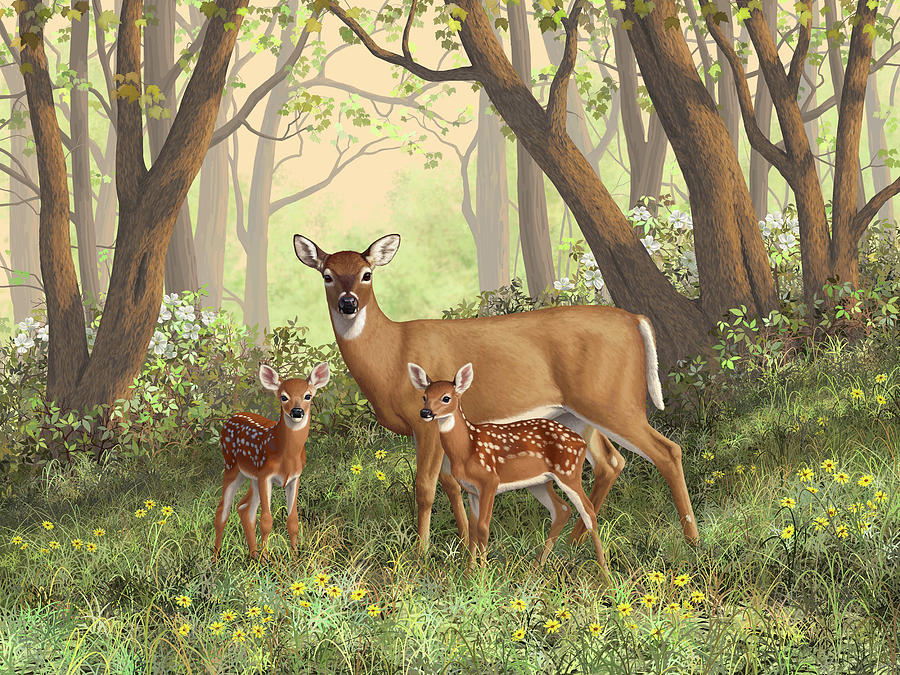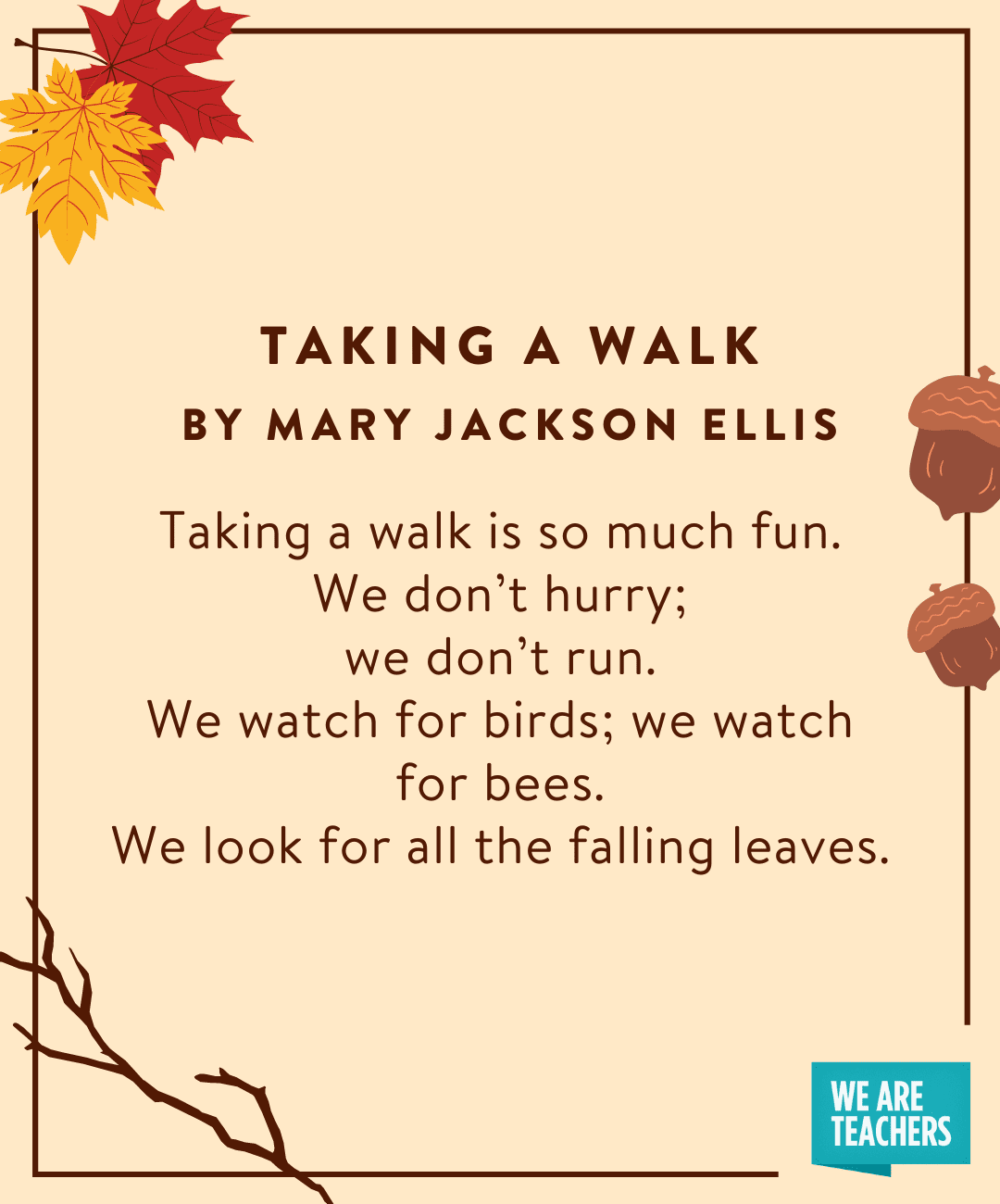
Summer didn’t even say goodbye!
Fall leads straight into: candy month, pie month, and cookie month
“The weather just went from 90 to 55 like it saw a state trooper.”


Once upon a time a poor old beggar woman stood shivering by the side of a road which led to a prosperous village. She hoped some traveler would be touched by her misery, and would give her a few pennies with which to buy food and fuel.
It had been snowing since early morning, and a sharp east wind made the evening air bitterly cold. At the sound of approaching footsteps the old woman’s face brightened with expectancy, but the next moment her eager expression changed to disappointment, for the traveler passed without giving her anything.
“Poor old woman,” he said to himself. “This is a bitter cold night to be begging on the roadside. It is, indeed. I am truly sorry for her.”
And as his footsteps became fainter, the beggar woman whispered, “I must not give up. Perhaps the next traveler will help me.”
In a little while she heard the sound of wheels. It happened to be the carriage of the mayor, who was on his way to a Thanksgiving banquet. When his excellency saw the miserable old woman, he ordered the carriage to stop, lowered the window, and took a piece of money from his pocket.
“Here you are, he called, holding out a coin.
The woman hurried to the window as fast as she could. Before she reached it, however, the mayor noticed that he had taken a gold piece instead of a silver one out of his pocket.
“Wait a moment,” he said. “I’ve made a mistake.”
He intended to exchange the coin for one of less value, but he caught his sleeve on the window fastening, and dropped the gold piece in the snow. The woman had come up to the carriage window, and he noticed that she was blind.
“I’ve dropped the money, my good woman,” he said, “but it lies near you there in the snow. No doubt you’ll find it.”
“Thank you, sir, thank you,” said the beggar, kneeling down to search for the coin.
On rolled the mayor to the banquet. “It was foolish to give her gold,” he thought, “but I’m a rich man, and I seldom make such a mistake.”
That night after the banquet when the mayor sat before a blazing fire in his comfortable chair, the picture of the beggar woman, kneeling in the snow, and fumbling around for the gold piece, came before his eyes.
“I hope she will make good use of my generous gift,” he mused. “It was entirely too much to give, but no doubt I shall be rewarded for my charity.”
The first traveler hurried on his way until he came to the village inn, where a great wood fire crackled merrily in the cheery dining room. He took off his warm coat, and sat down to wait for dinner to be served. But he could not forget the picture of the old beggar woman standing on the snowy roadside.
Suddenly he rose, put on his coat, and said to the host, “Prepare dinner for two. I shall be back presently.”
He hastened back to the place where he had seen the poor old woman, who was still on her knees in the snow searching for the mayor’s gold piece.
“My good woman, what are you looking for?” he asked.
“A piece of money, sir. The gentleman who gave it to me dropped it in the snow.”
“Do not search any longer,” said the traveler, “but come with me to the village inn. There you may warm yourself before the great fire, and we shall have a good dinner. Come, you shall be my Thanksgiving guest.”
He helped her to her feet, and then, for the first time, he saw that she was blind. Carefully he took her arm, and led her along the road to the inn.
“Sit here and warm yourself,” he said, placing her gently in a comfortable chair. In a few moments he led her to the table, and gave her a good dinner.
On that Thanksgiving Day an angel took up her pen, and struck out all account of the gold piece from the book where the mayor recorded his good deeds. Another angel wrote in the traveler’s book of deeds an account of the old beggar woman’s Thanksgiving dinner at the village inn.
Read about How Indian Corn Came into the World.
The birds have flown their summer skies to the south,
And the flower-money is drying in the banks of bent grass
Which the bumble bee has abandoned. We wait for a winter lion,
Body of ice-crystals and sombrero of dead leaves.
A month ago, from the salt engines of the sea,
A machinery of early storms rolled toward the holiday houses
Where summer still dozed in the pool-side chairs, sipping
An aging whiskey of distances and departures.
Now the long freight of autumn goes smoking out of the land.
My possibles are all packed up, but still I do not leave.
I am happy enough here, where Dakota drifts wild in the universe,
Where the prairie is starting to shake in the surf of the winter dark.
— Thomas McGrath
More poems at https://www.southernliving.com/holidays-occasions/fall/fall-poems
They who to warmer regions run,
May bless the favour of the sun,
But seek in vain what charms us here,
Life’s picture, varying with the year.
Spring, and her wanton train advance
Like Youth to lead the festive dance,
All, all her scenes are mirth and play,
And blushing blossoms own her sway.
The Summer next (those blossoms blown)
Brings on the fruits that spring had sown,
Thus men advance, impelled by time,
And Nature triumphs in her prime.
Then Autumn crowns the beauteous year,
The groves a sicklier aspect wear;
And mournful she (the lot of all)
Matures her fruits, to make them fall.
Clad in the vestments of a tomb,
Old age is only Winter’s gloom—
Winter, alas! shall spring restore,
But youth returns to man no more.
More poems at https://www.weareteachers.com/fall-poems-for-students/
 More poems at https://www.weareteachers.com/fall-poems-for-students/
More poems at https://www.weareteachers.com/fall-poems-for-students/
Little squirrel, oh so gray,
Gathering acorns all day.
Winter’s near, there’s much to do,
No time for games, not even a few.
More poems at https://www.educatorstechnology.com/2023/10/fall-poems-for-kid.html
Read more.